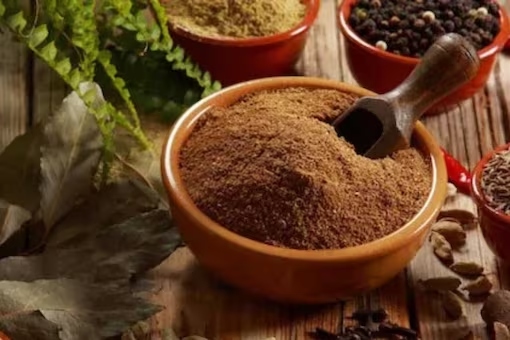Summer brings forth a range of issues with stomach problems being the most prevalent. With temperatures hovering around 40 degrees, the chances of heat stroke get amplified. Medical professionals advise that the body’s water levels decrease substantially during summer, so consuming adequate fluids and water is crucial to staying hydrated. Nevertheless, certain food items and beverages elevate the body temperature during summer, putting individuals at a higher risk of heat stroke.
During summer, it is recommended to avoid drinking beverages like tea and coffee and to limit the intake of spicy and oily foods. Eating protein-rich foods can also result in an increased likelihood of stomach issues. Furthermore, some spices can raise the body temperature, leading to further discomfort. Hence, it is best to stay away from such spices during summer. Following are the spices that should be avoided during summer-
Red chilli powder- Consuming an excessive amount of red chilli powder during summer can lead to a burning sensation in the stomach, throat and chest. This, in turn, raises the body temperature significantly, making it difficult to maintain a comfortable temperature. Additionally, the elevated body temperature puts one at a greater risk of heat stroke, particularly when going out in the scorching heat of summer.
Garlic- Garlic is known for its medicinal properties, and it is often recommended to consume it in higher quantities during winter. This is because garlic is known to generate heat and the body gets warm. However, during summer, consuming excessive amounts of garlic can prove to be detrimental as it raises body temperature, leading to discomfort. Garlic has several benefits, including aiding weight loss and boosting metabolism. Nonetheless, overconsumption of garlic during summer can cause issues such as bad breath, stomach acidity and even bleeding.
Ginger- Adding ginger to vegetables is known to enhance their taste significantly. However, consuming excessive amounts of ginger during summer can lead to various issues. For instance, it can result in diarrhoea, causing discomfort and dehydration. Moreover, overconsumption of ginger can lead to numerous stomach-related problems, further aggravating the situation.


